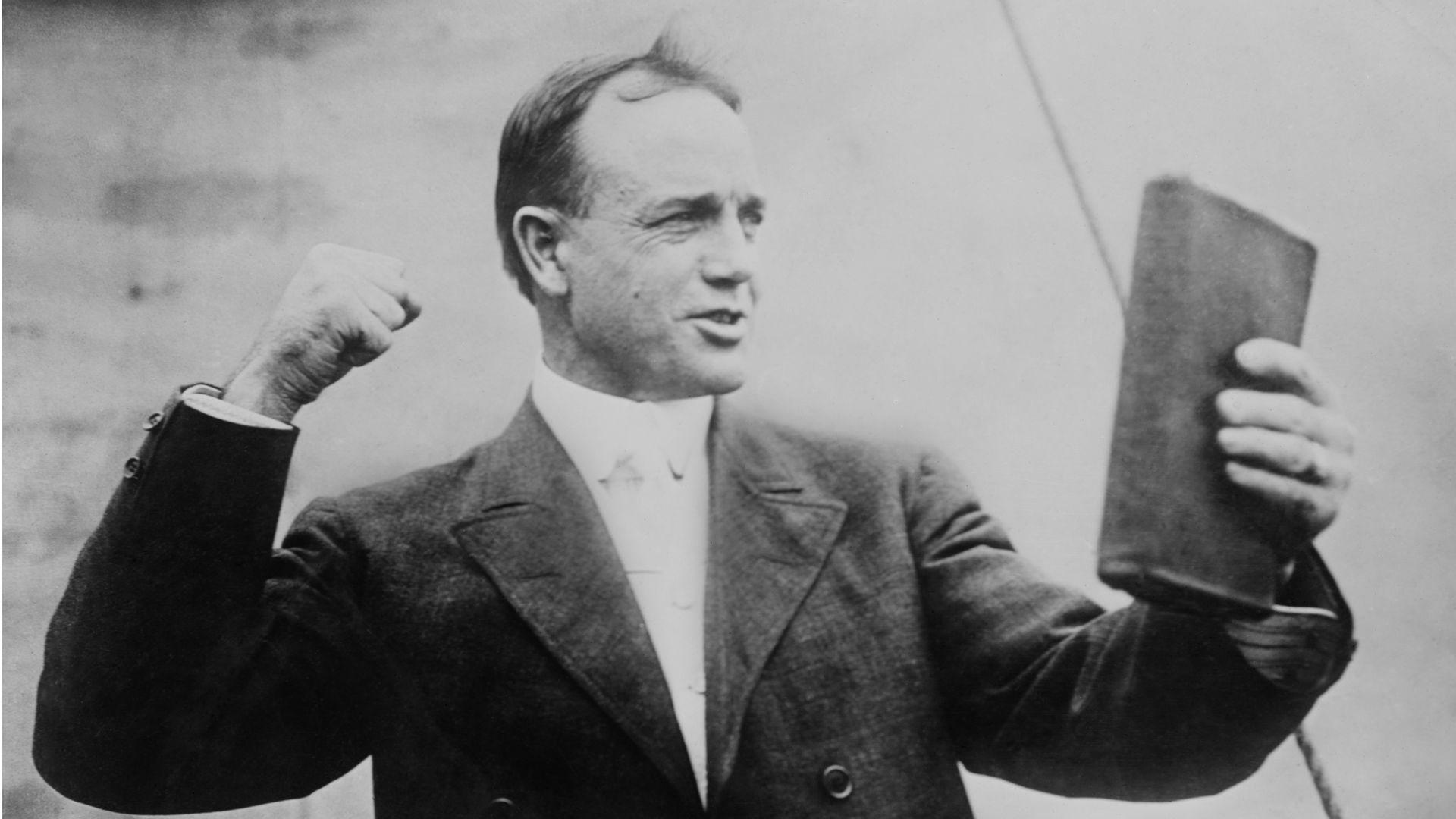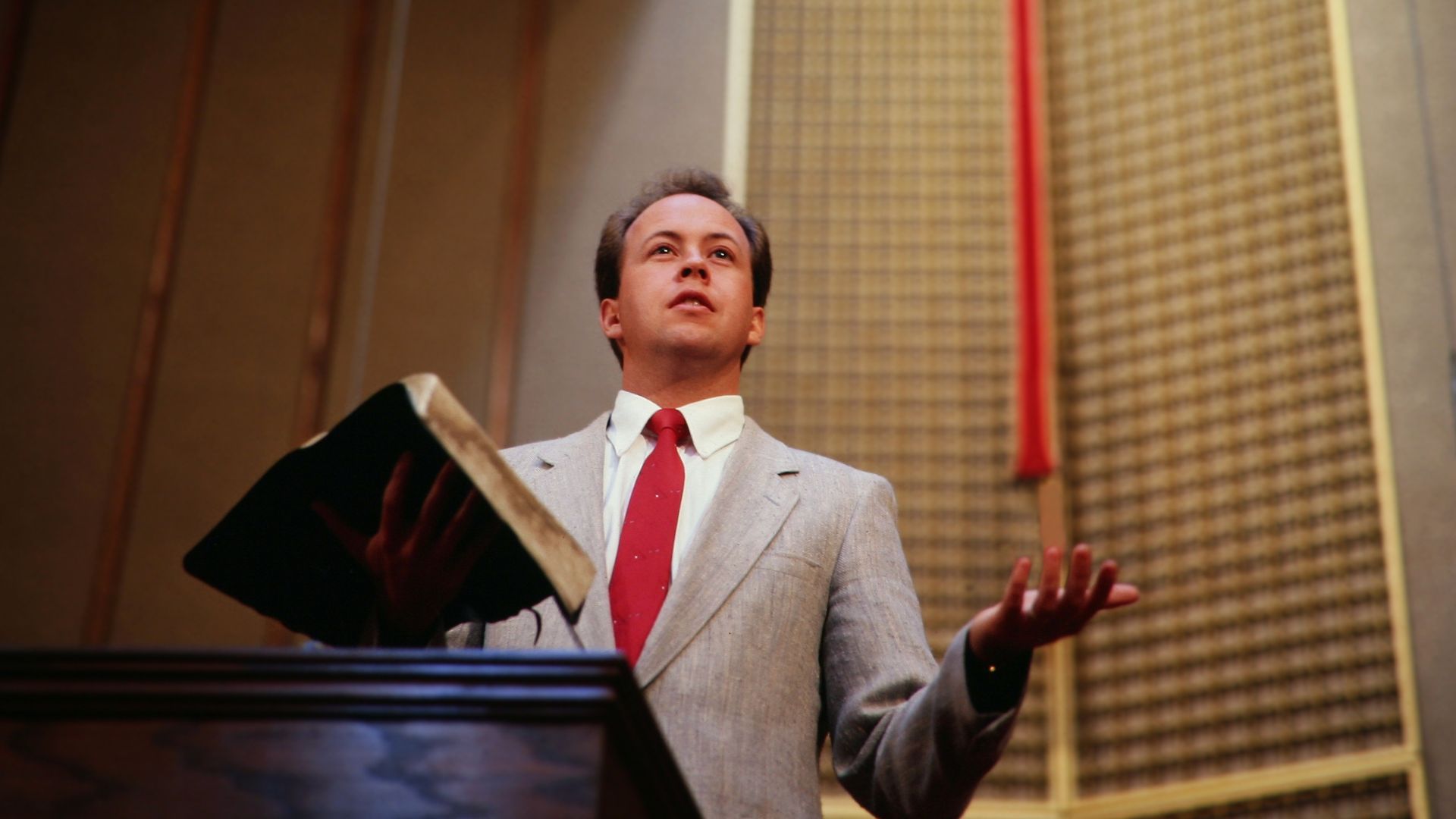A Brief History of the Evangelical Church Movement in Australia
The term “evangelical” derives from a Greek word euangelion, meaning “good news” or “gospel.” This faith emphasises that Jesus Christ died for humanity’s sins and offers salvation through God’s grace. Globally, evangelical Christianity is characterised by four key emphases: the authority of the Bible as Scripture, the centrality of Christ’s atoning death, the necessity of personal conversion to receive new life, and active commitment to sharing the gospel.
In Australian society, the evangelical faith encompasses diverse expressions—from the Presbyterian Church and evangelical Anglicans to contemporary Pentecostal congregations. Many evangelical churches share these core theological commitments while adapting their worship and ministry. Evangelicals believed from the earliest years that religious commitment must be personal, that the church exists to worship God and proclaim Christ, and that the Holy Spirit transforms believers.
This article provides a brief history of the evangelical church movement in Australia, tracing evangelical Christianity from its European origins through colonial establishment, periods of evangelical revival, post-war expansion, and contemporary expressions.
Early Roots of Evangelicalism
Evangelical Theology in Britain and Europe
The evangelical movement emerged in 18th-century Britain and Europe through renewal movements emphasising experiential Christianity. In England, John Wesley’s Methodist revival emphasised salvation through God’s grace and the work of the Holy Spirit, reaching massive crowds with the message that Christ died for sinners who could receive full assurance of salvation through faith in Jesus Christ.
These leaders reacted against the established church’s spiritual coldness, stressing the Bible’s authority and transformed life through the gospel. This theology spread across denominations, creating a transdenominational movement united by shared convictions about Jesus and Scripture. Many evangelicals emerged from Reformed traditions emphasising God’s sovereignty.
Arrival in Australia
Evangelical Christianity arrived with the First Fleet in 1788 through Reverend Richard Johnson, representing the English clergy as the colony’s first Anglican chaplain. Methodist missionaries arrived in 1815, with Baptist and Congregationalist evangelical clergy following in the 1830s-1840s.
Stuart Piggin, a leading historian of Australian Christianity, documented how these early years established patterns that would shape evangelical faith throughout Australian history. These pioneers laid foundations through their commitment to preaching Christ, biblical literacy, and social welfare, believing the church exists to serve both spiritual and temporal needs.
Evangelicalism in the Colonial Period

Key Denominations
Evangelical Anglicans: Within the Anglican church, evangelical clergy established churches and schools, emphasising biblical preaching and personal conversion to new life in Christ while maintaining Anglican worship forms.
Methodists: Following John Wesley’s model, circuit-riding pastors established vibrant communities emphasizing the Holy Spirit’s work, public worship, and transformed life, particularly effective among working-class populations.
Presbyterian Church: The Presbyterian Church brought Reformed theology combined with evangelical fervour, contributing significantly to education and emphasising God’s grace and sovereignty in salvation.
Baptists: Baptist churches emphasised believer’s baptism, congregational governance, and Scripture’s authority, with many evangelical churches becoming centres of community life.
Role in Education, Missions, and Social Welfare
Evangelical leaders pioneered educational institutions, believing Bible literacy required universal education. Many evangelicals established schools where children learned Scripture alongside other aspects of knowledge. They founded theological colleges to train evangelical clergy and leaders for ministry.
Missionary work extended to Aboriginal peoples—efforts motivated by the belief that Christ died for all humanity, though causing cultural harm requiring ongoing reconciliation. Evangelicals led temperance movements and established institutions for social welfare including orphanages and hospitals. At varying degrees, different evangelical leaders emphasised either evangelism or social reform, though most saw both as essential gospel ministry.
Evangelical Revivals and Growth
Major Revival Movements
The Gold Rush Era (1851-1860s) brought significant evangelical revival as churches responded with aggressive evangelism. The 1859 Revival, influenced by movements in Britain, brought spiritual awakening. Prayer meetings multiplied as people sought full assurance of salvation through Jesus Christ, strengthening many evangelical churches.
About the same time, the Torrey-Alexander Campaigns (1902) established patterns for organised evangelism. The Pentecostal Revival (1920s-1930s) introduced new emphasis on the Holy Spirit’s baptism and gifts, though initially controversial among other evangelicals. This movement grew steadily, with many evangelicals eventually accepting Pentecostal contributions to worship and spiritual life.
Influence of Global Leaders and Institutions

Harry Goodhew, who would become a prominent evangelical Anglican leader and archbishop, represented the homegrown development of Australian evangelical leadership. International connections remained strong—Philip Yancey’s writings later influenced Australian evangelical thought about faith and doubt. Billy Graham’s friendship with Australian leaders strengthened global evangelical networks.
Bible colleges and seminaries emerged to train pastors and missionaries. Moore Theological College became a centre of evangelical Anglican theology. Sydney University and later Macquarie University hosted evangelical student groups through organisations like the Australian Fellowship of Evangelical Students. The evangelical association Truth Trust and other evangelical organisations provided resources for ministry and apologetics.
Post-War Evangelical Expansion
Billy Graham Crusades and Their Impact
The 1959 Billy Graham Crusade marked a watershed in Australian history. Over 3 million people attended events during Graham’s tour, with more than 130,000 making public commitments to Jesus Christ. Graham’s preaching emphasised that Christ died for sinners and offered new life through God’s grace, providing full assurance of salvation.
The crusades demonstrated that evangelical faith could reach mainstream Australian society. Many evangelical churches experienced growth as new Christians joined congregations. The cooperative evangelism brought evangelical Anglicans, Baptists, Pentecostals, and the Presbyterian Church together, fostering unprecedented unity in ministry.
About the same time, Australian society was experiencing post-Second World War prosperity. The evangelical revival coincided with suburban expansion and cultural optimism. Many evangelicals saw this as an opportunity to establish churches that could reach families seeking stability after World War devastation.
Parachurch Organisations and University Influence
Scripture Union, Youth for Christ, and The Navigators brought evangelical Christianity to young people through camps, rallies, and discipleship emphasising Bible study and prayer. These organisations taught that worship of God and personal holiness should characterise the life of every believer.
University ministries through AFES at Sydney University, Macquarie University, and other institutions emphasised intellectual engagement with evangelical faith. Students learned to integrate the Bible with academic disciplines. John Woodhouse, who would become principal of Moore College, exemplified this intellectual evangelical tradition, emphasising Scripture’s authority while engaging contemporary scholarship.
Evangelicalism in Contemporary Australia

Current Expressions
Sydney Anglicans: The Sydney Anglican diocese represents a distinctive expression of evangelical faith emphasising Reformed doctrine, biblical authority, and lay ministry. Sydney Anglicans have exercised significant influence in Australian evangelicalism through theological training and church planting.
Hillsong Church: Founded in 1983, Hillsong became internationally recognised through contemporary worship music proclaiming Jesus Christ and the Holy Spirit’s transforming power, though facing recent leadership controversies.
Australian Christian Churches: Over 1,000 Pentecostal churches emphasise the Holy Spirit’s gifts and power, with worship styles ranging from contemporary to traditional.
Presbyterian Church and Baptist Churches: These denominations maintain evangelical commitments to Scripture and gospel preaching, serving communities throughout Australia at varying degrees of cultural engagement.
Many Evangelical Churches: Independent and network churches offer contemporary ministry while maintaining that the church exists to worship God, proclaim Christ, and serve humanity.
Challenges in Australian Society
Evangelical Christians face significant challenges as Australian society becomes increasingly secular. Declining religious commitment challenges churches to articulate evangelical faith’s relevance. The evangelical movement’s sexual ethics increasingly conflict with cultural norms.
Liberal theology within mainline churches created divisions in Australian Christianity. Many evangelicals responded by emphasising biblical authority against what they perceived as compromise. However, this sometimes positioned evangelical Christianity as culturally regressive. Leadership scandals damaged credibility, requiring greater accountability in ministry and church governance.
Despite challenges, many evangelical churches grow while mainline churches decline. Evangelical Christianity attracts migrants and maintains vitality through emphasis on personal faith, biblical preaching, and community. The evangelical revival continues in pockets, particularly among immigrant communities bringing vibrant faith from Asia, Africa, and the Pacific.
The Cultural Impact of Evangelicalism
Music and Worship
Australian evangelical churches have profoundly influenced global Christian worship. Songs proclaiming Jesus Christ and the Holy Spirit’s work are sung worldwide. Contemporary worship emphasises emotional engagement with God while traditional evangelical churches maintain hymn traditions emphasising Scripture and doctrine. Public worship in many evangelical churches combines biblical teaching with contemporary music, seeking to make the gospel accessible to Australian society.
Education and Scholarship
Stuart Piggin’s comprehensive history of evangelical Christianity in Australia, along with a second volume extending the narrative, provides scholarly documentation of the evangelical movement. His work at Macquarie University demonstrated that evangelical faith can engage academic rigor. Many evangelicals contributed to Australian history through teaching, research, and cultural analysis.
Evangelical schools emphasise Bible integration across curriculum, believing education serves God’s purposes on earth. Theological colleges continue training evangelical clergy and pastors for ministry. The emphasis on Scripture shaped how many evangelical Christians approach knowledge.
Missionary Work and Social Welfare

Australian evangelicals maintained substantial commitment to missionary work globally, believing Christ’s command to share the gospel extends to all earth’s peoples. Mission agencies sent workers in evangelism, Bible translation, and church planting.
Many evangelical churches operated programs for social welfare including food banks, counselling services, and refugee support, demonstrating that evangelical faith addresses both spiritual and physical needs. At varying degrees, different churches emphasised either evangelism or social action, though increasingly seeing both as essential gospel ministry.
Media and Public Engagement
Evangelical Christians utilised radio, television, and digital platforms to proclaim Jesus Christ and provide resources for spiritual growth. Churches streamed worship services, taught the Bible online, and engaged Australian society through social media. Organisations like Truth Trust produced apologetic resources defending evangelical Christianity in secular contexts.
Theological Distinctives and Tensions
Throughout Australian history, evangelical Christians maintained core commitments: the Bible as God’s authoritative word, Jesus Christ as the only way to salvation, the Holy Spirit’s transforming work, and the necessity of personal faith. These convictions united evangelicals across denominational boundaries.
However, tensions emerged. Some evangelical leaders emphasised God’s sovereignty in salvation (Reformed theology), while others stressed human decision. Debates about the Holy Spirit’s gifts divided evangelicals, with Pentecostals emphasising tongues and healing while other evangelical churches remained cautious. Questions about women’s roles in ministry created ongoing discussion.
Liberal theology posed challenges, with some questioning biblical authority and Christ’s exclusive claims. Many evangelicals responded by emphasising inerrancy and defending historic Christian doctrine. Despite these tensions, the conviction that Christ died for sinners and offers new life through God’s grace remained central to evangelical Christianity.
Summary of Historical Trajectory
A brief history of the evangelical church movement in Australia reveals remarkable development. From the First Fleet’s arrival through contemporary expressions, evangelical Christianity has significantly shaped Australian society. Early years established patterns—biblical preaching, personal conversion, social engagement—that continued throughout Australian history.
The evangelical revival of the 19th century, the impact of Second World War and subsequent renewal, Billy Graham’s crusades, and the rise of megachurches demonstrate evangelicalism’s adaptability. Many evangelical churches learned to contextualise the gospel while maintaining that Jesus Christ is Lord and Scripture is truth.
Key figures—from early English clergy to contemporary leaders like John Woodhouse among Sydney Anglicans—exemplified varying degrees of theological sophistication. Historians like Stuart Piggin documented how evangelical faith shaped Australian Christianity, while practitioners demonstrated its transformative power in individual life.
The Presbyterian Church, evangelical Anglicans, Baptists, Pentecostals, and independent evangelical churches each contributed distinctive emphases while sharing commitment to the gospel. Their ministry at varying degrees addressed both spiritual salvation and social welfare, recognising that authentic faith in Jesus Christ should transform all aspects of life on earth.
Future Outlook

The future of evangelical Christianity in Australia remains dynamic. Cultural secularisation challenges religious commitment, yet many evangelical churches continue growing. Immigration brings Christians from cultures where evangelical faith thrives, diversifying Australian evangelicalism. Evangelical revival may emerge in unexpected places as the Holy Spirit works in new contexts.
Mainline churches declining while evangelical churches grow suggests that evangelical Christianity’s emphasis on personal faith, biblical authority, and transformative gospel resonates with spiritual seekers. However, evangelical leaders must address legitimate criticisms, demonstrate Christlike character, and articulate how Jesus Christ addresses contemporary questions.
The conviction that Christ died for humanity, that God’s grace transforms lives, that worship of Almighty God provides ultimate meaning, and that the church exists to proclaim salvation—these core beliefs will continue animating evangelical faith. Whether through traditional worship in the Presbyterian Church, contemporary services in megachurches, or student ministry at Sydney University and Macquarie University, evangelical Christianity will continue shaping Australian society.
As Philip Yancey observed about faith generally, authentic Christianity must demonstrate grace and truth. Australian evangelicals face the challenge of maintaining biblical faithfulness while engaging culture winsomely. The evangelical movement has demonstrated resilience through two centuries of change. The core conviction that God has spoken through Scripture, that Jesus Christ is Lord and Saviour, that the Holy Spirit transforms believers, and that the church exists to worship God and share the gospel—these truths remain as compelling today as when evangelical clergy first arrived in Australia to proclaim that Christ died and rose again, offering full assurance of salvation through faith.
Frequently Asked Questions
How did the evangelical movement start?
The evangelical movement emerged in 18th-century Britain through renewal emphasising personal faith in Jesus Christ. John Wesley’s Methodist revival stressed that Christ died for sinners who could receive God’s grace through faith, experiencing new life through the Holy Spirit’s work. The Great Awakening in America brought evangelical revival through preachers emphasising salvation and Scripture. These movements created a transdenominational evangelical Christianity united by commitment to the Bible, conversion, Christ’s atonement, and gospel proclamation. In Australia, evangelical faith arrived with the First Fleet through Reverend Johnson and expanded through Methodist, Baptist, and Presbyterian Church missionaries who believed the church exists to worship God and share the gospel.
How are evangelicals different from Christians?
Evangelicals are Christians with particular emphases within the broader faith. All Christians believe in Jesus Christ, but evangelical Christians particularly emphasise: the Bible as God’s authoritative word providing full assurance about salvation and doctrine; personal conversion to new life in Christ rather than relying on baptism alone; Jesus Christ’s death as the exclusive means of salvation through God’s grace; and active evangelism as responsibility to share the gospel. Many Christians in Catholic, Orthodox, and mainline churches might not identify as evangelical but are equally faithful believers. The evangelical movement represents a renewal emphasis within Christianity. Evangelical faith stresses personal relationship with Jesus and Scripture’s authority for life and doctrine.
What was the Great Awakening of the evangelical movement?
The Great Awakening refers to evangelical revival movements shaping Christianity’s development. The First Great Awakening (1730s-1740s) swept Britain and America through powerful preaching emphasising that Christ died for sinners and offers salvation through God’s grace. Leaders like John Wesley and George Whitefield proclaimed the gospel in open-air meetings, producing dramatic conversions and new life in Christ. The Holy Spirit’s work brought full assurance of salvation to thousands. The Second Great Awakening (1790s-1840s) emphasised systematic evangelism and social reform. These revivals established patterns—emotional engagement with God, immediate decision for Christ, emphasis on Scripture and the Holy Spirit—continuing in evangelical Christianity globally. While Australia experienced less dramatic awakening, these movements shaped Australian evangelical faith through missionaries trained in revival theology.
Who was the founder of the evangelical church?
The evangelical movement has no single human founder—it emerged through multiple renewal streams within Christianity. Martin Luther’s Reformation established foundational principles about Scripture’s authority and salvation through God’s grace. John Wesley’s Methodist revival emphasised personal conversion and the Holy Spirit’s transforming power. George Whitefield demonstrated mass evangelism’s effectiveness in proclaiming that Christ died for sinners. These leaders contributed to evangelical Christianity’s organic development around shared convictions: the Bible as God’s word, Jesus Christ as Lord and Saviour, the Holy Spirit’s work bringing new life, and the church’s mission to worship God and share the gospel throughout earth. In Australia, no single founder established evangelical faith—it arrived through various denominations and missionaries, each believing Jesus offers salvation and the church exists to proclaim this truth to Australian society.



